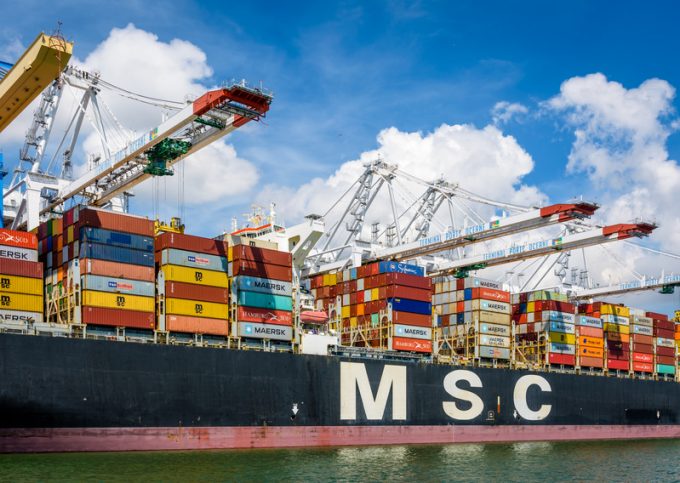
© Olrat
By Mike Wackett
MSC subsidiary Terminal Investment Ltd (TiL) has taken full ownership of two of the three container terminals at the French port of Le Havre.
TiL has acquired the shareholding of the Ocean Terminal and Terminal de Normandie with an investment of €700m ($713m), which will include ...




Comment on this article